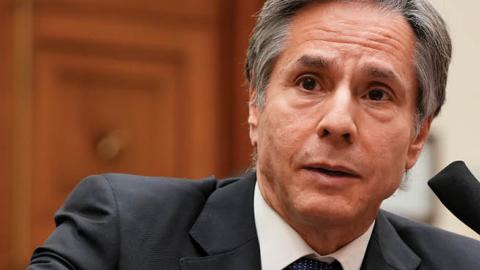The diplomatic tempo in the Indo-Pacific is picking up. On Friday the “Quad,” an informal but increasingly formidable four-power grouping consisting of Japan, India, Australia and America, held its first (virtual) leaders’ summit and issued a joint communiqué promising enhanced cooperation on issues ranging from vaccination diplomacy to climate change.
This is only the start. Secretary of State Antony Blinken and Defense Secretary Lloyd Austin are in Tokyo this week to meet their Japanese counterparts and prepare the ground for Prime Minister Yoshihide Suga’s expected visit to Washington in April. Messrs. Blinken and Austin will continue their Asian journey to Seoul. After the Korea visit, Mr. Austin will proceed to India, while Mr. Blinken will join national security adviser Jake Sullivan in Alaska for a bilateral U.S.-China meeting. Among other topics, Messrs. Blinken and Sullivan are expected to raise questions about China’s use of trade pressure against American allies like Australia.
Adm. Philip Davidson, commander of U.S. forces in the Indo-Pacific, told the Senate Armed Services Committee last week that a military showdown between Taiwan and mainland China could come “in the next six years.” At nearly the same time, Gen. Xu Qiliang, China’s senior military leader, warned the National People’s Congress that China faces a “Thucydides trap” and needs to step up its military spending and preparedness. (The phrase refers to the ancient Greek historian’s belief that Sparta’s fear of rising Athenian power led to the Peloponnesian War.) Satellite imagery showing major expansions of Chinese military facilities near Taiwan, Vietnam, India and the South China Sea suggests that Gen. Xu’s advice is already being heeded.
Read the full article in the Wall Street Journal

















